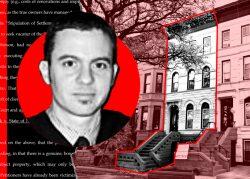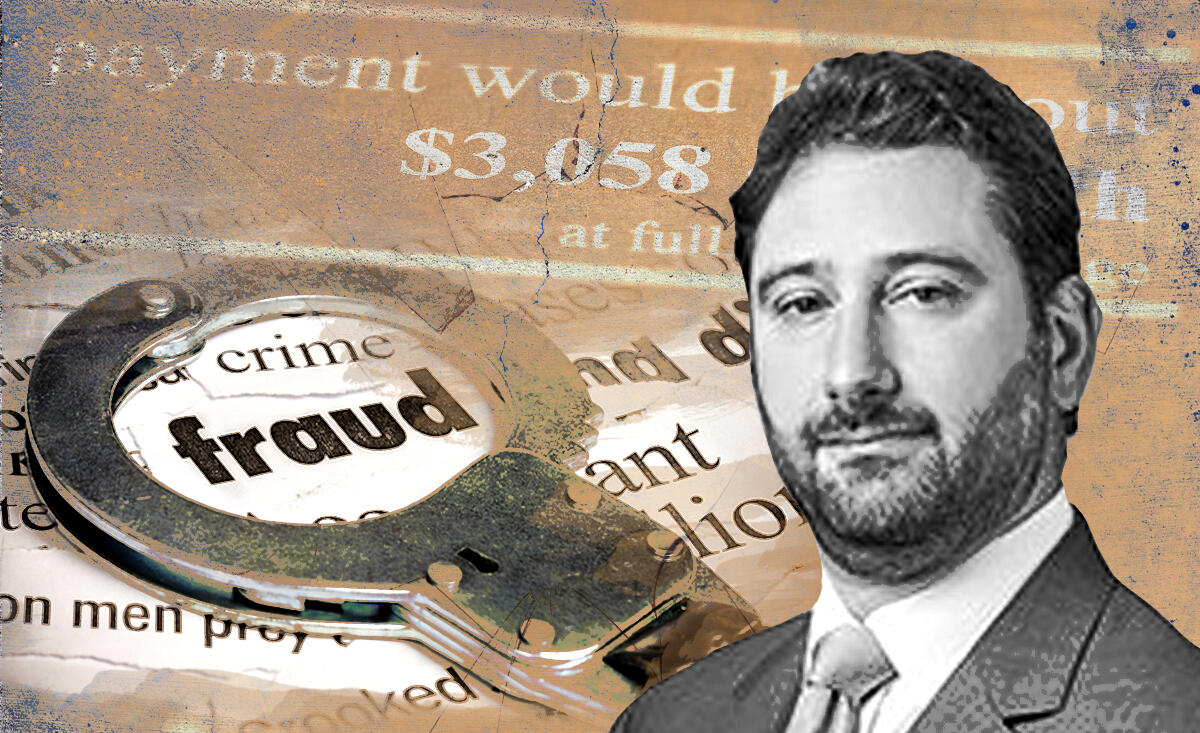 Irony rules: Crown Heights family claiming ownership uses tenant protections
Irony rules: Crown Heights family claiming ownership uses tenant protections
Trending
In city ripe for deed theft, lawyer pitches protection service
One problem: Vulnerable homeowners not likely to hear about it

As Brooklyn’s housing market has surged, so have reports of deed theft. Duplicitous buyers looking to cash in on appreciating prices typically target Black and elderly homeowners.
The city has struggled to stop it. From 2014 to 2020, some 3,152 complaints of deed theft poured into the Department of Finance. The city referred just 110 cases to prosecutors, resulting in a mere 48 arrests.
Real estate attorney Toby Cohen is trying another approach. He has launched a service that protects owners against fraudulent transfers and offers legal recourse to victims.
One obstacle to preventing deed theft is most owners don’t realize what happened until it’s too late.
Often, homeowners facing foreclosure will believe they are refinancing when they unwittingly sign over their home. Not until they try to settle utility bills or liens do they realize the home has a new owner.
By then, it has already been sold to a second or third buyer. Those transfers, Cohen said, make deed theft hard to unwind.
In 2015, Cohen represented Reinaldo Suriel, who was facing foreclosure after falling behind on mortgage payments. Suriel was introduced to Jean Millien, the principal of American Foreclosure Network Systems, who allegedly told the Brooklyn homeowner if he transferred his title to AFNS, Millien would work with the bank to reduce or cancel Suriel’s mortgage, court documents show.
In 2012 Suriel signed over the deed to Millien, who then sold the property to Yitzchok Tyner of YYSB Trust. Suriel claims he never heard from Millien again about the help he promised.
Had Millien kept the deed, Cohen could have sued him for theft. But once Tyner’s entity acquired the property, Tyner became a bona fide purchaser, and his ownership is protected unless there’s evidence that he knew about the previous fraud.
For that reason, secondary transfers are common in deed theft, said Adam Birnbaum, a lawyer at Abrams Fensterman. Birnbaum is representing Ida Robinson in an alleged deed theft case where her house was sold twice after she unknowingly transferred it.
https://therealdeal.com/2022/02/18/documents-shed-new-light-on-crown-heights-eviction-saga/
“I tried to come up with a way to keep the secondary buyer on the hook,” Cohen said.
Read more
 Irony rules: Crown Heights family claiming ownership uses tenant protections
Irony rules: Crown Heights family claiming ownership uses tenant protections
 City Council targets deed fraud with two bills
City Council targets deed fraud with two bills
The attorney’s service, Terzero, offers third-party authorization on deed transfers. The homeowner pays a one-time fee, and Terzero requires the owner to approve any property transfers online — which shows up on the chain of title.
If the homeowner does not okay a sale and it happens anyway — which is possible because outdated systems allow anyone to record documents if they are signed, dated and notarized — Terzero will show that the authorization is still pending.
Once a sale is recorded, the rightful owner must prove it was fraudulent. The lack of authorization from Terzero is evidence of that. A secondary buyer would see it on the title and could not plausibly claim ignorance of the initial fraud.
If Suriel had Terzero, Cohen said, “I would have been able to say to YYSB, ‘You are not a bona fide purchaser. You should have known something was up.’”
Ultimately, Suriel’s lawsuit was dismissed and he lost his home.
One shortcoming of Terzero is that owners vulnerable to deed theft are unlikely to know about services to prevent it. Fraudsters often get to delinquent homeowners first. Until the government begins systematically warning owners who are behind on their mortgage payments, the first knock on their door is likely to be by a deed thief.
Still, the service builds on efforts by the city or state, most of which have concentrated on spreading awareness. Two years ago, Attorney General Letitia James launched a one-day door-knocking drive to educate homeowners in Bedford-Stuyvesant, Prospect-Lefferts Gardens and Flatbush about deed theft. James also created a task force and dedicated an office to fielding complaints.
The city advises owners to sign up for an alert system that notifies them if the City Register detects legal changes in a property’s ownership. But most potential victims have not signed up, and those who have would likely find out too late about a property transfer.
The City Council did introduce two bills in 2020 to crack down on deed theft. But both would strengthen existing protections, not add tools for enforcement.
One bill would require the sheriff’s office to annually report details of complaints and investigations related to deed fraud. Another would compel the city to educate homeowners notified of property transfers on how to file a complaint.




